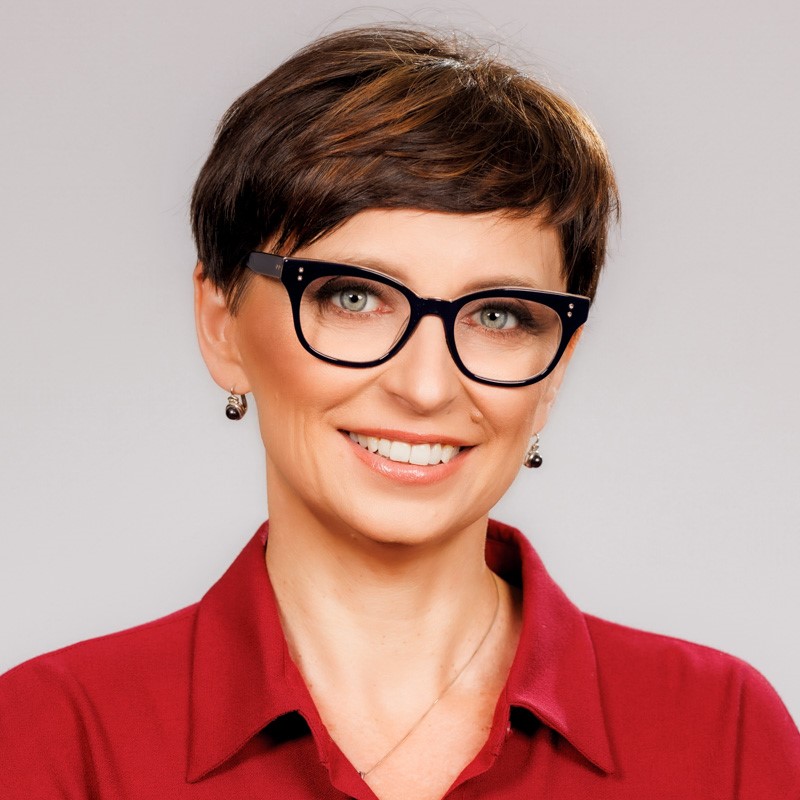New regulations on coronavirus infection – powers of public authorities, employers and workers
On 2 March 2020, the Parliament adopted the act on special solutions to prevent, control and counteract COVID-19, other communicable diseases and resulting crisis situations (special law).
- New powers of employers
Under the special law, it will be possible to order an employee to work from home within a specified period of time – this means ordering remote work other than teleworking within the meaning of the Labour Code and thus eliminating the obligation to adopt teleworking regulations. Remote work may be performed only by healthy employees who hold a valid medical certificate.
- Necessary supplies to minimise the risk of infection
A situation of general risk of disease allows for trade abuse – in order to prevent price speculation on the market of medicinal products and medical devices, the Minister of Health is authorised to set the maximum prices by way of announcement.
- Public authorities’ instructions to employers
At the request of a province governor, the Prime Minister may order employers to perform tasks required in connection with COVID-19 prevention. Such tasks include: obligatory contactless check of the body temperature of employees, but also a temporary closure of the work establishment. Such tasks are carried out under a contract signed by the employer and the province governor and financed from the State budget – however, work connected with the preparation for the completion of the tasks is financed from own funds of the entrepreneur.
- Compulsory quarantine not only for the sick!
An infected person must undergo compulsory hospitalisation. However, the obligation of 21-days quarantine or epidemiological surveillance applies also to healthy individuals who were in contact with sick persons.
- Contamination zones
The Council of Ministers may issue a regulation to establish a special legal regime in a particular territory, prohibiting people from leaving it. The Material Reserve Agency will be obliged to deliver the necessary supplies to the so-called ground zero.
- A hospital in a week?
It will also be possible to establish an ad-hoc hospital in Poland. The law excludes the obligation to apply the Construction Law and the Spatial Planning and Development Act to the construction of medical centres in the period of epidemics.
- Closed preschools, schools and universities
The minister competent for education and higher education is authorised to suspend the operation of educational institutions in the entire country or in any part of it.
- Children at home – a problem for parents?
In the event of closure of a nursery, children’s club, preschool or school, an employee may use additional care allowance for up to 14 days.
- RCB (Government Centre for Security) alert not only concerning weather conditions
Each mobile network operator must send official communications on coronavirus infection free of charge.
- Cancellation of tourist events and paralysed airports
Tourist operators do not need to worry about having to pay the cost of cancelled tourist events with their own money – they are entitled to claim a refund of payments from the Insurance Guarantee Fund. In this way, neither the tourists, nor the tourist operators will suffer financial consequences. In addition, it will not be possible for passengers to receive compensation in case of denied boarding, flight cancellation or significant delay.
- Access to medical supplies
The special law excludes the application of the Public Procurement Law to contracts relating to goods or services necessary for the prevention of coronavirus infection. It also provides for possible restrictions on the distribution of products on the secondary market, in order to ensure that medical care facilities have the necessary medical supplies.
KONTAKT
E: magdalena.patryas@pl.Andersen.com
T: +48 32 731 68 84
M: +48 502 392 419
E: leszek.rydzewski@pl.Andersen.com
T: +48 22 690 08 69
M: +48 609 684 072


